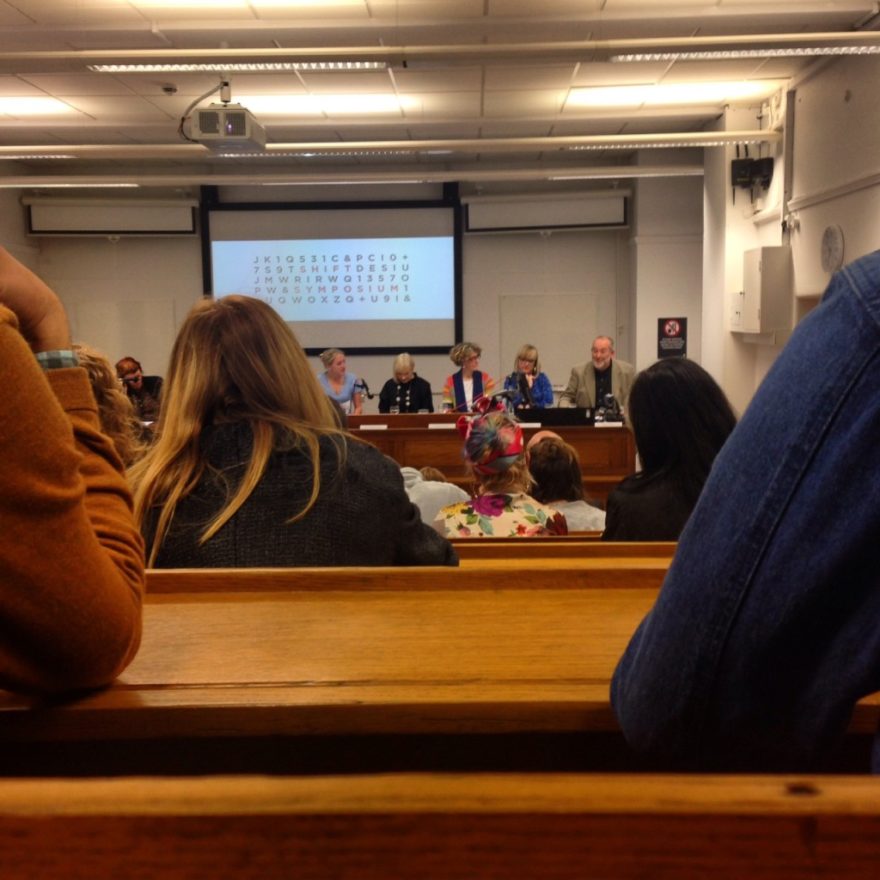Why is it generally considered that higher art education lies outside of vocational aspirations when we still feel a huge amount of pride for our creative industries? Why is it that when I state that I am studying ‘fine art’ it is met with a sea of sighs, rolling eyes and a collective ‘what are you going to do with that then?’ I do not believe that I am studying a valueless degree and neither do thousands of students choosing to study arts degrees throughout the country.
The arts are suffering from not only a lack of funding but also an increasing lack of confidence. There are those who see art as an added extra, the sprinkles on a cake, and not as a fundamental value of society. Without art and culture to shape the world what do we really have? We know that people have been making and appreciating art for 40,000 years dating back to the earliest cave paintings. In the United Kingdom we are very fortunate to have a wealth of art and artefacts on display in our museums and galleries but this should not allow the government to take a backseat in terms of funding new artists and creativity.
Across the UK people are still regularly engaging in the arts and there is no doubt that this strengthens the economy: the larger the footfall in galleries and the theatres the more the economy flourishes and according to the National Department of Statistics, 77% of the population engaged with the some form of art during 2014. As Bob and Roberta Smith notes ‘the government’s own website states that the creative industries contribute £71.4bn to the economy or £8m an hour.’ There is a strong economical argument for why more money should being put into the arts but it is a dangerous one as we risk politicians just seeing art schools as business models rather than a place for the development of lateral thinking and experimentation.
It is alarming to see that the Secretary of State for Education Nicky Morgan is calling for creativity to be stunted at an early age in favour of directing students to subjects which are considered to be more valuable for an economically stable future. At a time when young people are still deciding to pursue an art degree we should be supporting them rather than doubting their futures. People working creatively should be helped economically and also recognised for a pursuit which will enrich the country’s culture. As Leo Tolstoy wrote, art ‘is a means of union among men, joining them together in the same feelings, and indispensable for the life and progress toward well-being of individuals and of humanity.’
Awareness for the importance of art needs to be bolstered. As we have seen with the widely publicised ‘Occupy UAL’ protests, students are trying to take a stand on such issues as the cutting of foundation course places and art courses becoming unaffordable. The results are demoralising with legal action being taken out against them by their university.
The government needs to help save the arts; otherwise we are looking at a bleak and bland future for Britain.
Ella-Rose Harrison

